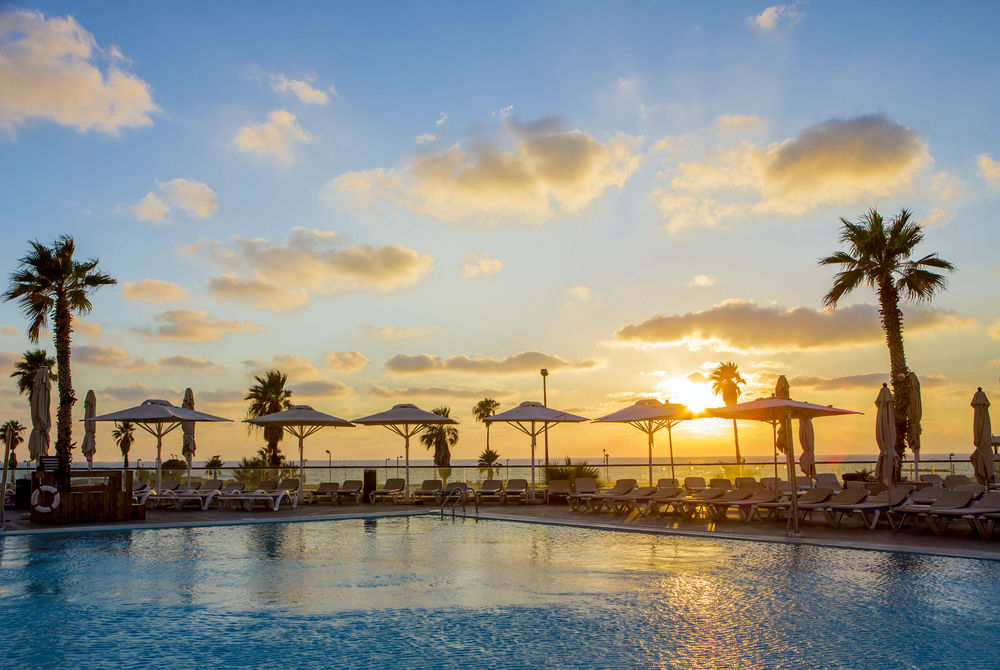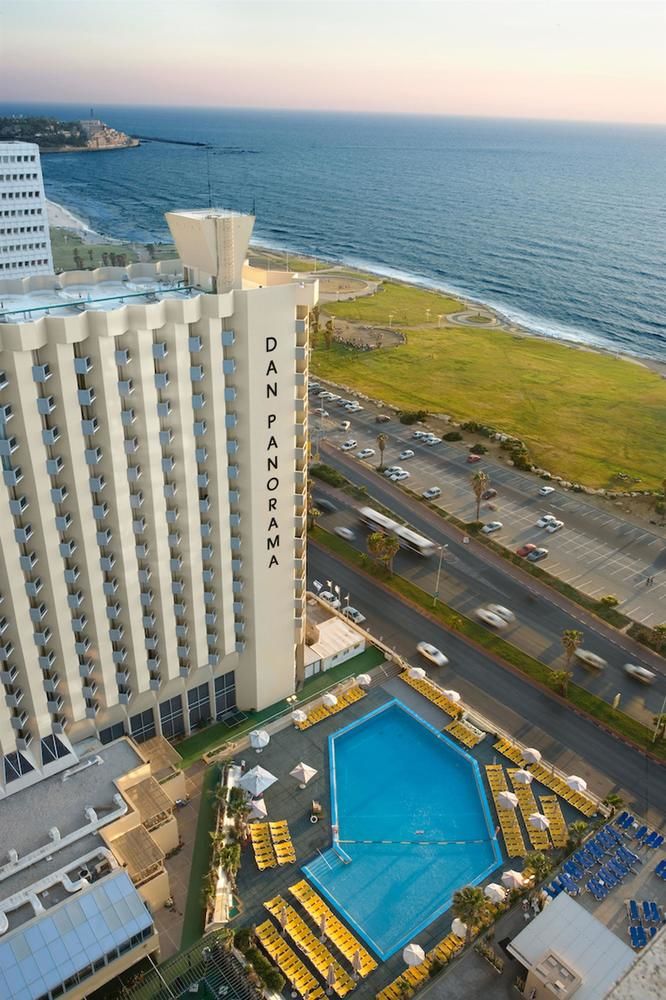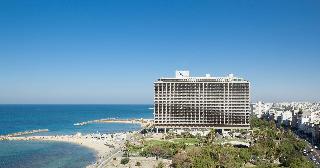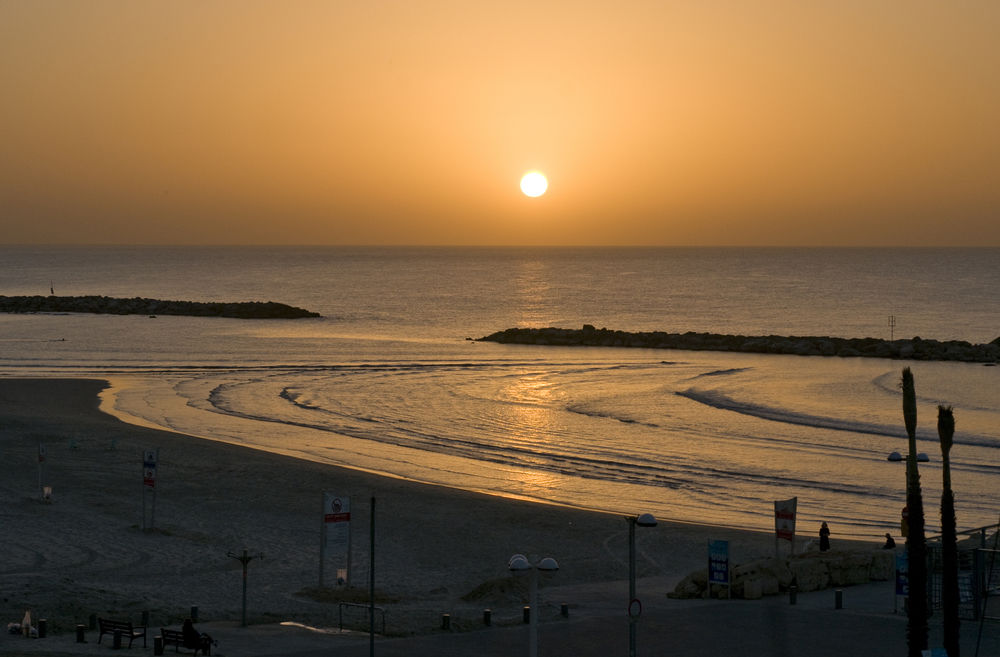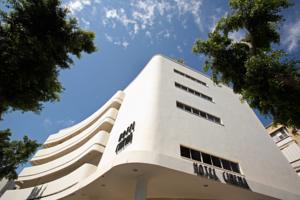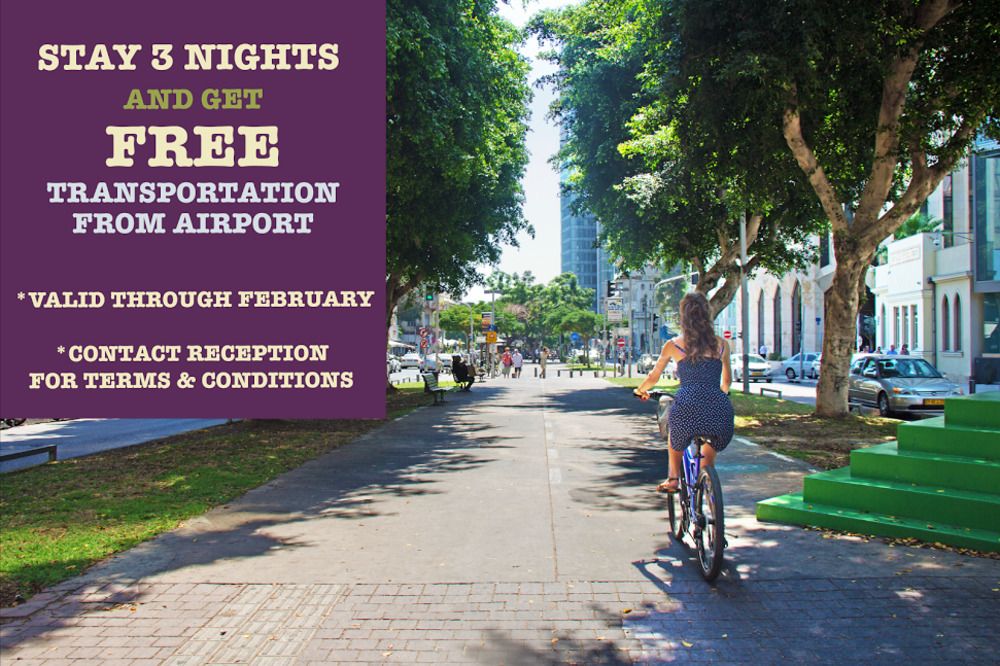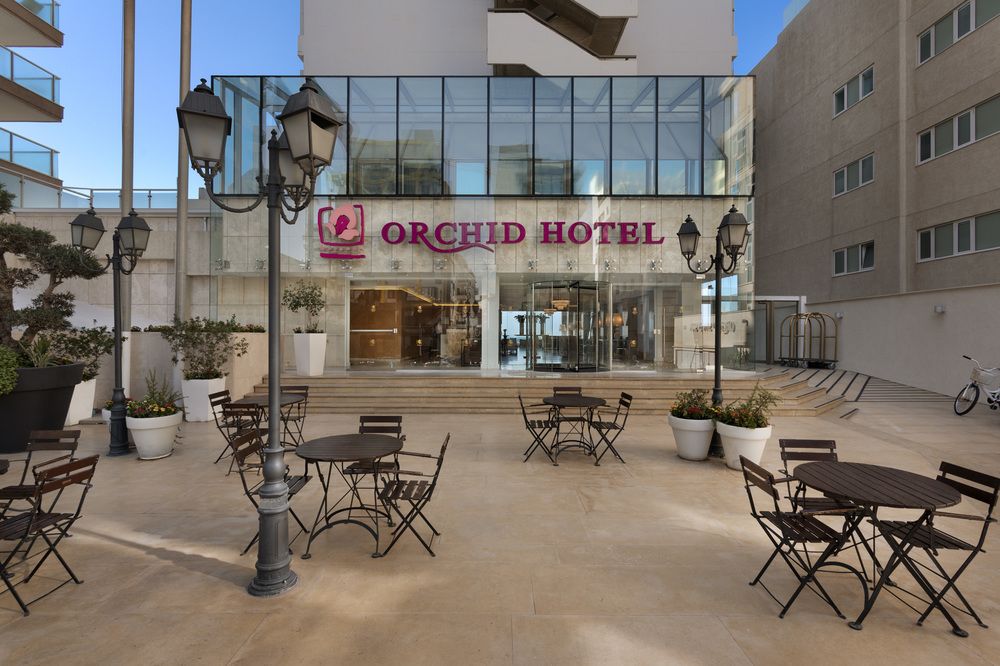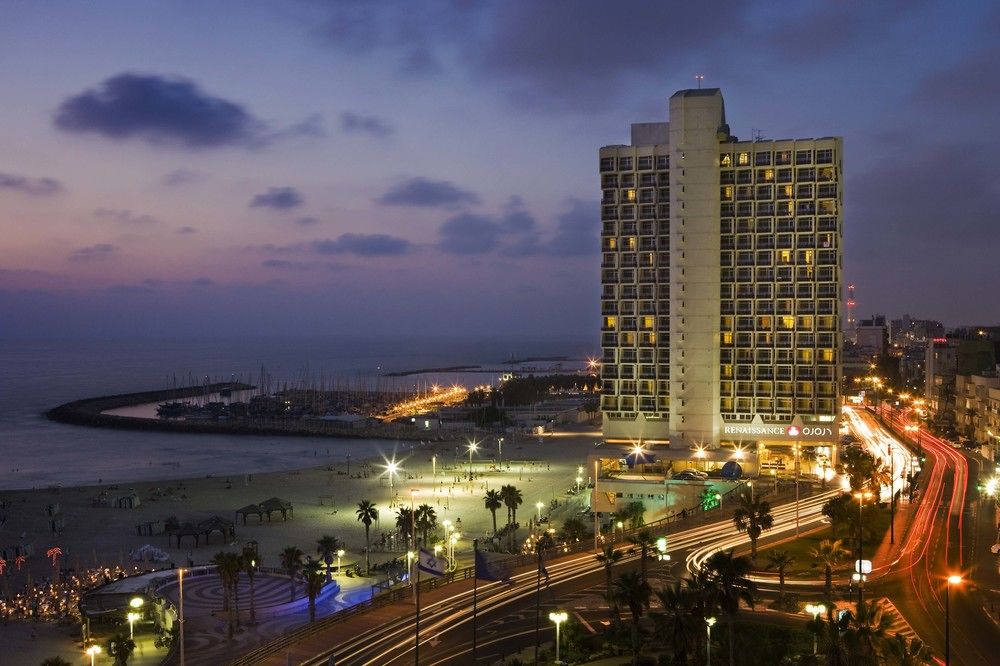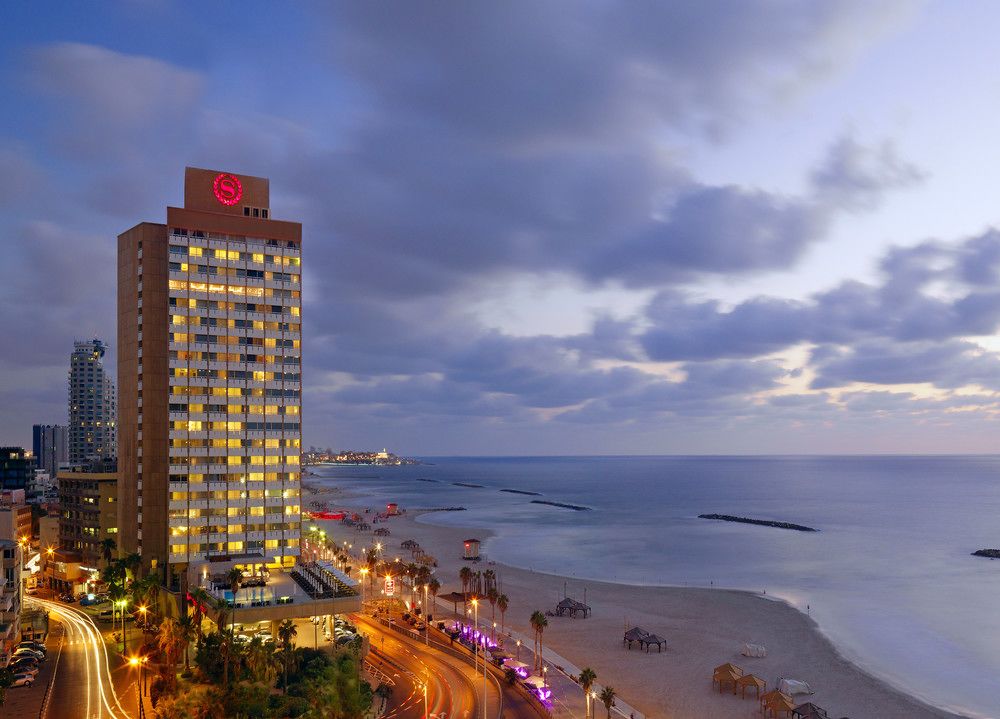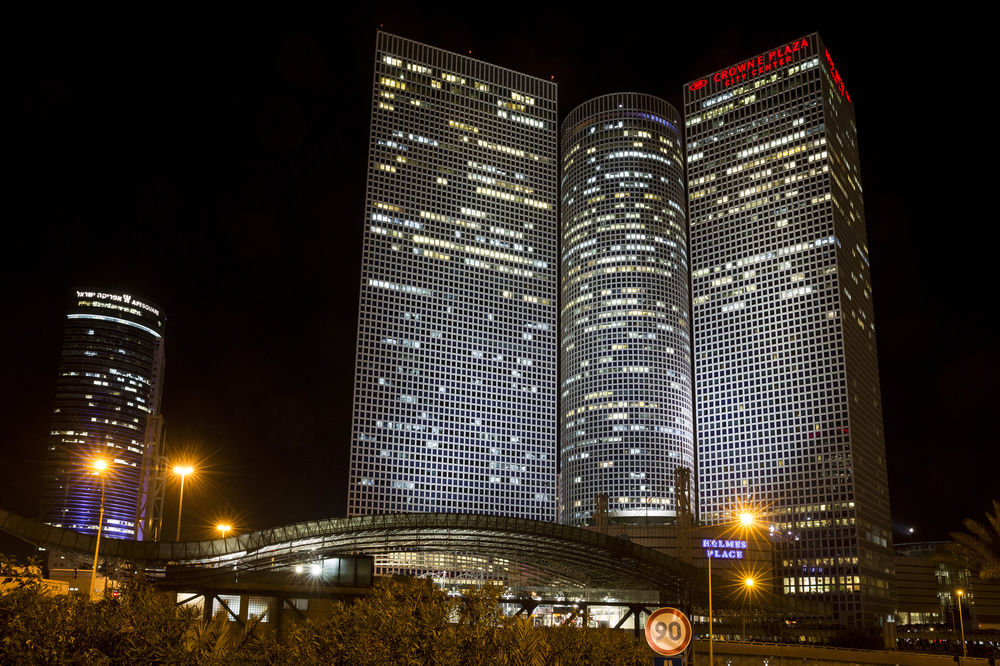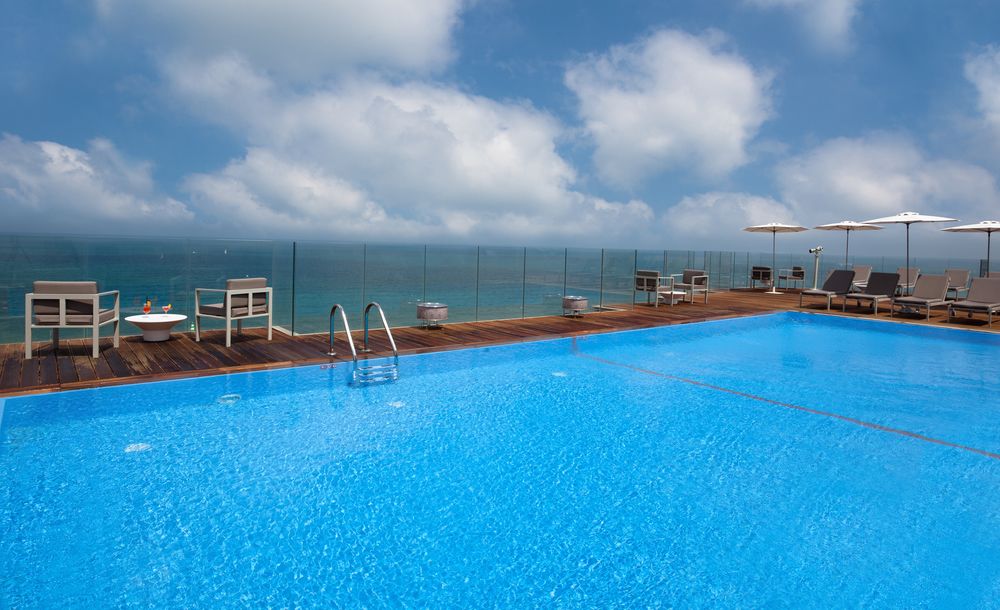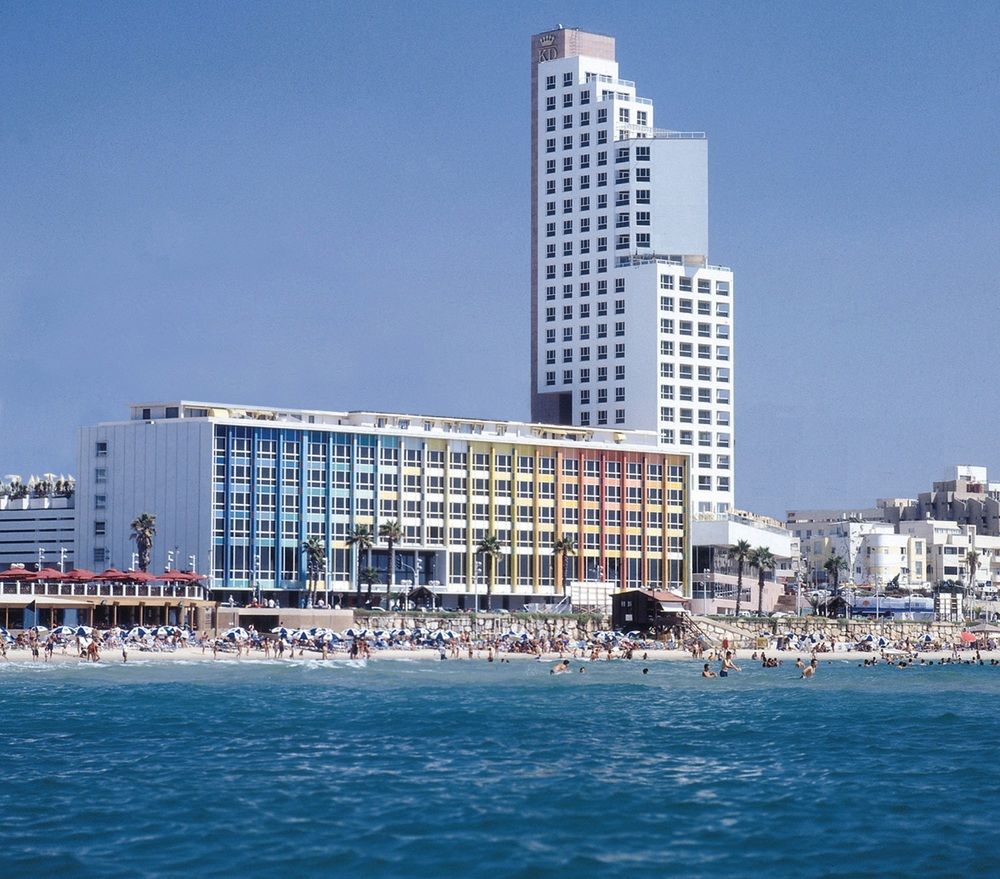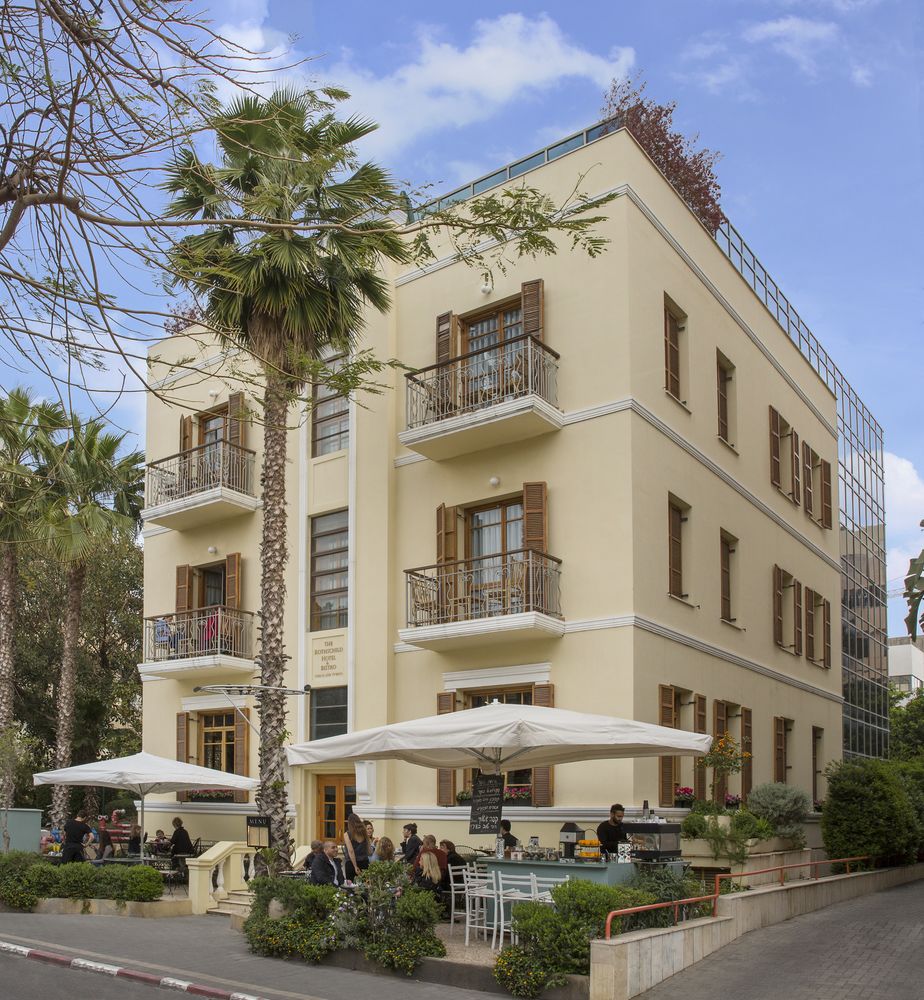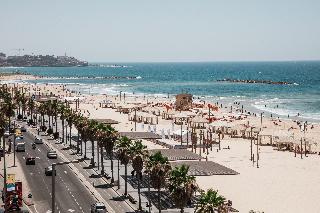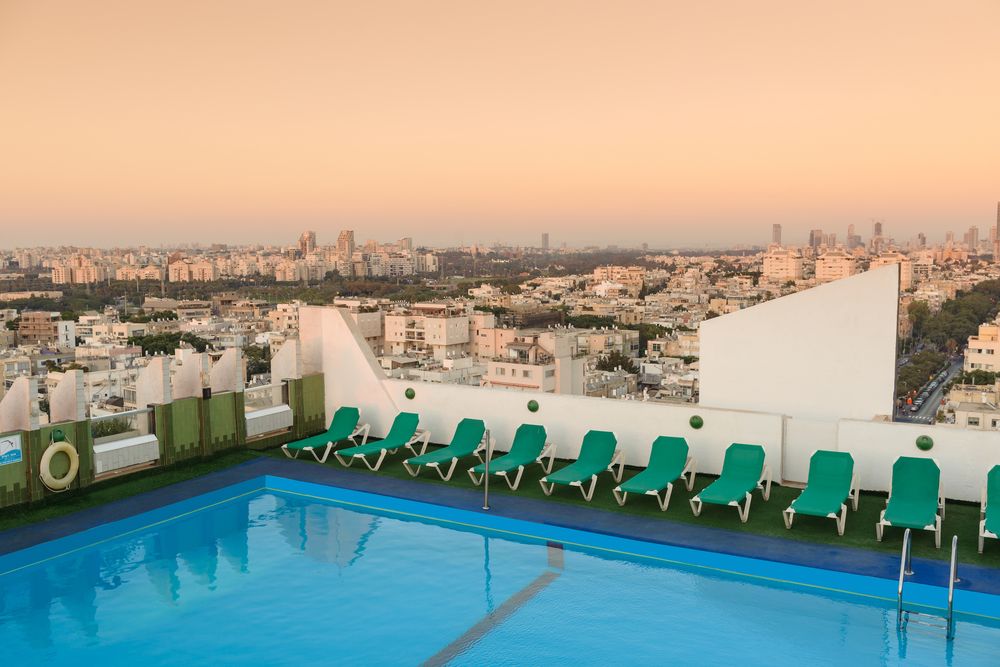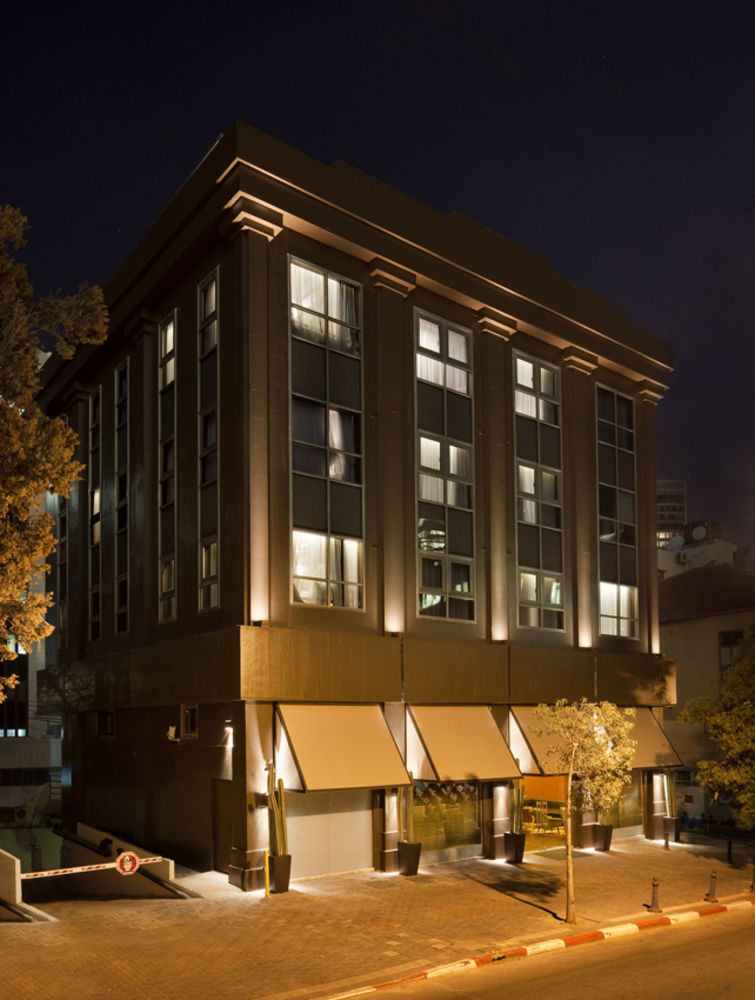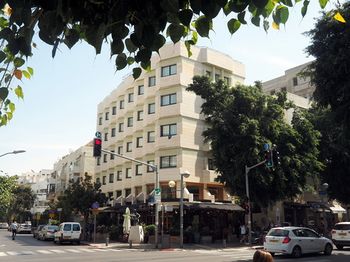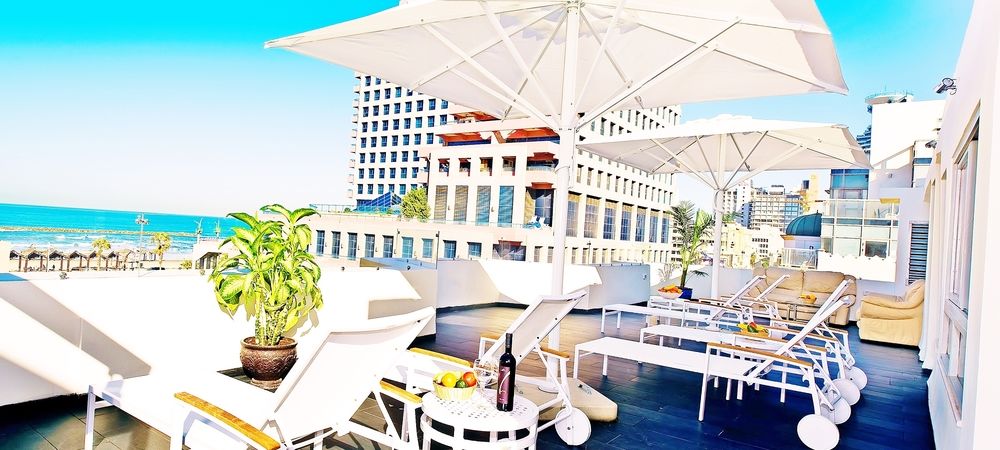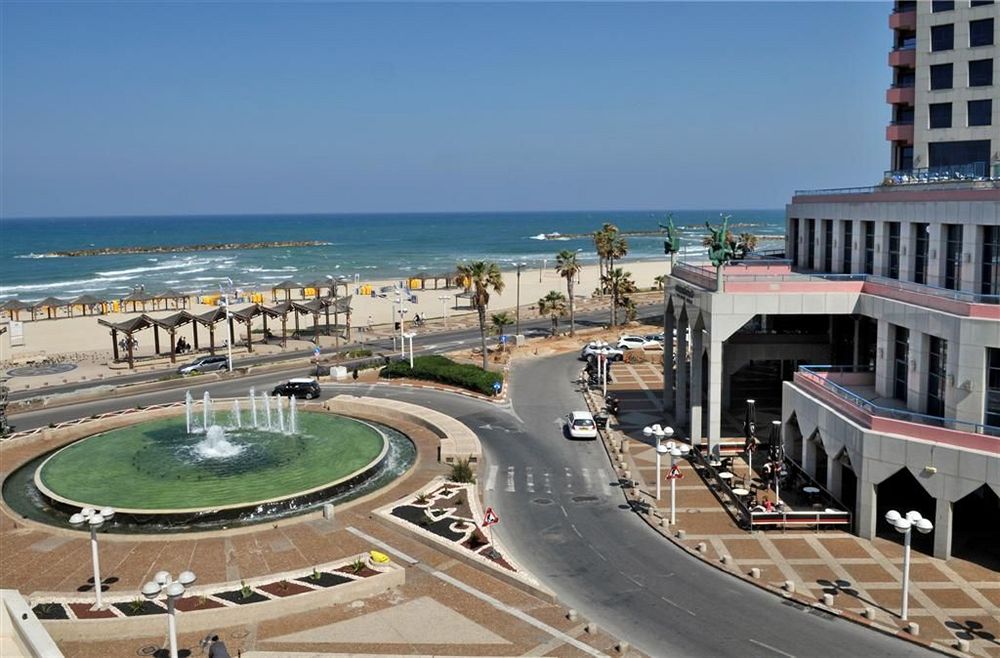
テルアビブホテル検索結果
AIが見つけた軒のホテルの最安値をご覧ください。
ベストホテル
最安値のホテル
ホテル等級
AIおすすめ
テルアビブベストホテル
テルアビブ 最低価格のホテル
最高評価のホテル
テルアビブにある5つ星ホテル
テルアビブにある4つ星ホテル
テルアビブにある3つ星ホテル
AIがおすすめする世界の旅行先
テルアビブ近くのホテル情報
テルアビブ 旅行に欠かせない情報
“The center of Israel”
Tel Aviv (Hebrew: תֵּל אָבִיב, [tel aˈviv], Arabic: تل أَبيب) is the second most populous city in Israel—after Jerusalem—and the most populous city in the conurbation of Gush Dan, Israel's largest metropolitan area. Located on the country's Mediterranean coastline and with a population of 443,939, it is the economic and technological center of the country. Silicon Wadi is another name for Gush Dan, in comparison to Silicon Valley in California, U.S.
Tel Aviv is governed by the Tel Aviv-Yafo Municipality, headed by Mayor Ron Huldai, and is home to many foreign embassies. It is a global city and is ranked 34th in the Global Financial Centres Index. Tel Aviv has the third- or fourth-largest economy and the largest economy per capita in the Middle East. The city has the 31st highest cost of living in the world. Tel Aviv receives over 2.5 million international visitors annually. A "party capital" in the Middle East, it has a lively nightlife and 24-hour culture. Tel Aviv is home to Tel Aviv University, the largest university in the country with more than 30,000 students.
The city was founded in 1909 by the Yishuv (Jewish residents) as a modern housing estate on the outskirts of the ancient port city of Jaffa (Hebrew: יָפוֹ Yafo), then part of the Jerusalem province of Ottoman Syria. It was at first called 'Ahuzat Bayit' (lit. "building houses", the name of the association which established the neighbourhood), a name changed the following year to 'Tel Aviv'. Its name means "Ancient Hill of Spring". Other Jewish suburbs of Jaffa established outside Jaffa's Old City even before Tel Aviv, eventually became part of Tel Aviv, the oldest among them being Neve Tzedek (est. 1886).Immigration by mostly Jewish refugees meant that the growth of Tel Aviv soon outpaced that of Jaffa, which had a majority Arab population at the time. Tel Aviv and Jaffa were later merged into a single municipality in 1950, two years after the Israeli Declaration of Independence, which was proclaimed
 時間 UTC+03
時間 UTC+03 通貨 ILS
通貨 ILS 言語 Hebrew, Arabic, English
言語 Hebrew, Arabic, EnglishStaypiaだけの特別な特典
リアルタイムホテル最安値比較
AIが見つけたin テルアビブの軒のホテルのリアルタイム最安値を簡単に比較検索できます。
316万軒のホテルを最安値で予約
最低価格に最大31%追加メンバーシップ割引でさらにお得にご予約いただけます。
自分だけの
AIがリアルタイムで更新するテルアビブ旅行情報で便利に旅行を準備しましょう。
よくある質問
テルアビブで最も人気のあるホテルは Herods Tel Aviv By The Beach, David InterContinental Tel Aviv, The Diaghilev Live Art Suites Hotel です。
テルアビブで最も人気のある5つ星ホテルはHerods Tel Aviv By The Beach, Dan Panorama Tel Aviv Hotel, Hilton Tel Aviv Hotelです。 テルアビブ 評価順にホテルを見る
一般的なホテルの場合、客室予約はキャンセル締切日前まで無料返金が可能です。キャンセル締切日以降は手数料が発生する場合がありますので、ホテルバウチャーまたはメニュー>マイ予約でキャンセル締切日をご確認ください。
ステピアでは、AIが収集した316万件のホテルの最安値はもちろん、会員限定の追加割引価格で人気ホテルを予約することができます。
